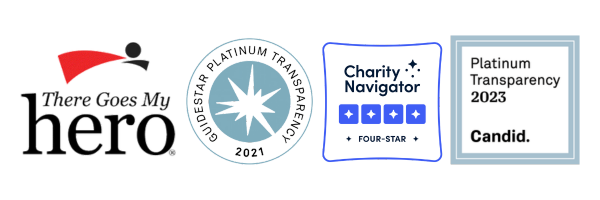What Is Bone Marrow Donation?
A bone marrow donation is a lifesaving treatment for many patients suffering from blood cancers like leukemia and multiple myeloma, and blood disorders like sickle cell disease and aplastic anemia. The purpose of a bone marrow transplant is to replace the unhealthy blood cells in the patient’s bloodstream with healthy blood-forming cells from a matching donor.
What is bone marrow?
Bone marrow is the spongy tissue found inside your bones. It contains stem cells that develop into two types of blood cells: red blood cells that carry oxygen through your body and white blood cells that fight infections, and the platelets that help with blood clotting.
What is the bone marrow donation process like?
There are 2 main types of bone marrow donation:
Peripheral Blood Stem Cell (PBSC) Donation
A non-surgical, outpatient procedure similar to donating platelets. Blood is drawn through one arm and passed through a machine that filters out the blood stem cells, and returned through the other arm. This procedure can take up to 8 hours. Prior to donation, injections are given to boost stem cell production. This is the more commonly requested method – used in about 80% of cases.
Bone Marrow Donation
A 1-2 hour surgical procedure performed under general anesthesia. Marrow cells are collected from the back of the pelvic bone using a syringe. Bone marrow donation is done under general or regional anesthesia so the donor experiences no pain during the donation procedure. This is the traditional method, but it is only used in the remaining 20% of cases.
What is the recovery process like for a bone marrow transplant?
The recovery process will vary depending on the individual and type of donation. Generally, donors may experience flu-like symptoms such as headaches, fatigue, and muscle soreness. However, donors can expect to return to work, school and most other activities within a few days.
What is the time commitment?
The typical time commitment is 20-30 hours spread out over a four-to six-week period. This includes completing a health history questionnaire, providing blood samples, undergoing a physical exam, and the actual donation.
Are there any expenses?
Our partner DKMS will arrange and pay for any travel expenses, including air travel, to and from the hospital for the physical exam and for the donation. DKMS will also cover any hotel expenses if the donor should need to stay in a hotel overnight before or after the donation. If your employer does not offer paid time off, DKMS also offers a lost wage compensation program.
If you would like to learn more about joining the bone marrow registry, or have any other questions, please contact There Goes My Hero at 443-339-4375 or email us at stephanie.cupp@theregoesmyhero.org.
